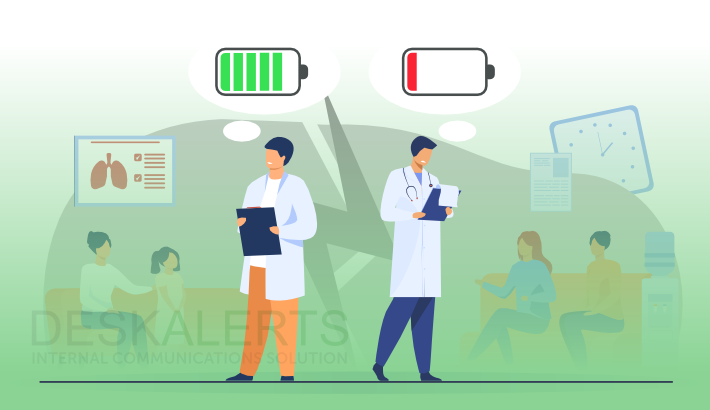When a disaster happens, the healthcare system often has a critical role to play in saving lives and ensuring casualties are cared for.
_min.jpg?width=769&name=healthcare-(1)_min.jpg)
Whether the disaster is a terrorist attack, mass shooting, fire, severe weather event or health emergency such as a flu pandemic, it goes without saying that hospitals and other parts of the healthcare system need to be well-prepared in advance to deal with the crisis as it unfolds.
The community relies on the healthcare system to respond well and be prepared in the event of a disaster or health emergency, so preparedness is key.
Having robust emergency management plans and procedures in place to deal with an array of crisis scenarios is necessary, of course. So, too, is ensuring staff are well trained and know what do to in a range of scenarios.
Investing in the right system or systems to ensure an emergency is handled well within a healthcare organization is just as important.
A healthcare organization should ensure it is prepared through a continuous cycle of planning, organization, training exercises and scenarios, evaluation and fine-tuning of plans and actions.
Of course when it comes to planning for and responding to emergency situations a range of factors come into play, such as the types of threats or hazard, population demographic, the nature of your geographic area, and what resources are available to deal with the situation.
So what should you look for when you are looking to implement systems that will allow your healthcare organization to plan, train and respond to different emergency situations?
Generally, an effective preparedness system in the healthcare sector should:
- Provide the organization with a flexible, tiered and scalable approach to respond to a disaster, as well as capabilities for recovery that won’t put any services in jeopardy.
- Enable your organization to monitor and manage resources in a timely manner. This includes maximizing the movement of and utilization of existing resources.
- Enable your organization to access and monitor appropriate security and safety measures to ensure staff and patient wellbeing during the crisis.
- Allow your organization to coordinate the allocation of emergency medical care resources in an efficient manner.
- Be compatible with other emergency management systems in the jurisdiction your operate in – for example the National Disaster Medical System in the USA.
- Be prepared to handle medical surges. Particularly the challenges of overcrowded emergency departments as a result of mass casualties.
- Help patients to receive the right care, in the right place at the right time with the right resources during an emergency situation.
- Help to decrease the death rate from an emergency.
- Be practiced in advance through training, drills and exercises.
- Ensure smooth communication with all employees during the crisis to let them know what is going on. For example, a mass notification system such as DeskAlerts is perfect for this task and used by healthcare organizations globally to manage critical incidents.
- Be able to assist with a smooth transition to normal or improved operations following the crisis.
 Caroline Duncan
Caroline Duncan
_min.jpg?width=769&name=healthcare-(1)_min.jpg)






